Xylitol is a white crystal powder with an undetectable smell and well expressed sweet taste, similar to that of sugar. As such, xylitol is a sweetener that's growing in popularity as an excellent sugar substitute.
Xylitol leaves a characteristic cool aftertaste on the tongue. It's plenty resistant to acids and heating, it dissolves very well in water. In nature, xylitol is found in fruits and vegetables, corn cobs, sunflower shells, birch wood.
Even though xylitol's calorie count is similar to that of sugar, its sweetness is comparable to that of saccharose, the biological value of the sweetener is very low.
Because of this, xylitol is among the most common sugar substitutes. It's used by diabetics and people suffering from obesity because it does not affect the level of glucose in the blood.
40 countries worldwide have approved xylitol as safe for consumption. Individuals diagnosed with diabetes or those who wish to limit their sugar intake can use it, but only after consultation with a doctor.
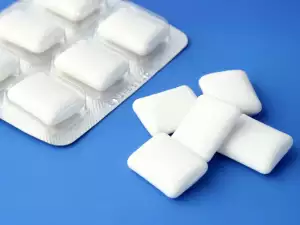
Use of Xylitol
In the food industry, xylitol is also known as additive E967. It's used in the production of low calorie and sugar-free products. Xylitol is used to provide sweetness to a number of milk and dairy-based desserts, fruits and vegetables, cereals and eggs.
Xylitol is used in the production of dried appetizers, jellies, marmalades, ice creams, bonbons, chocolates, caramel. The sweetener finds a wide range of use in the making of dried fruit products, starch-based, confectionery and dough products. Xylitol is put in gums, sauces, meats, mustard, sausages and mayonnaise.
Besides as a sweetener, xylitol plays the role of a preservative, emulsifier and surfactant.
Xylitol is used in medicine, it goes into the solutions used for injections. In the pharmaceutical industry it's used in the making of vitamin complexes, syrups, sweet chewing tablets, and syrups for diabetics.
Daily Dose of Xylitol
Scientific studies indicate that daily consumption of 50 g xylitol is safe. However, exceeding this quantity can cause toxic effects in the body. The allowable daily dose for children is 20 g.

Benefits of Xylitol
Dentists recommend xylitol as a sugar substitute because it doesn't cause cavities and gum diseases. It's suitable for diabetics and people who want to lose weight.
Dangers of Xylitol
Xylitol acts as a laxative, which is why it can cause bloated stomach, stomach spasms and pain, nausea and vomiting. According to scientists, long-term consumption of large quantities of xylitol can cause the formation of tumors.
Parents need to be especially careful about added xylitol to the gum, chocolate and sweets their kids eat on a daily basis.
Excessively large quantities of xylitol can cause a drastic surge in blood sugar. Even though it is a sugar substitute that's recommended for diabetics, excessive amounts can cause hyperglycemia.
Consumption of xylitol can cause weight gain. People who are dieting and taking it need to keep track of it because the calories in it can quickly add up and lead to toxic effects.
Xylitol has also been known to cause allergic reactions. Very rarely some people do report itches, rashes, mouth and throat inflammation. Xylitol is highly toxic to pets.
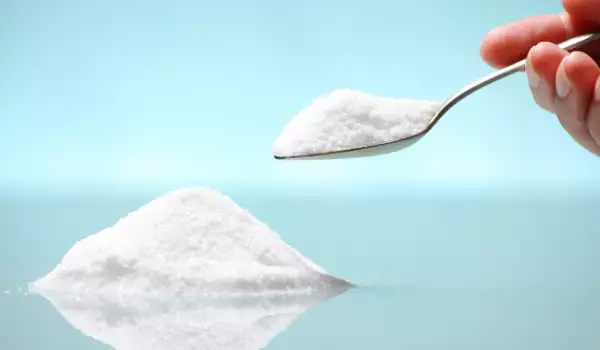
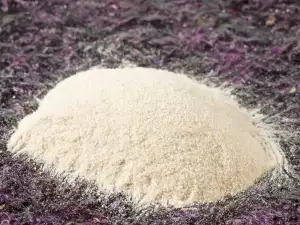

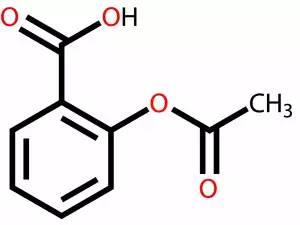
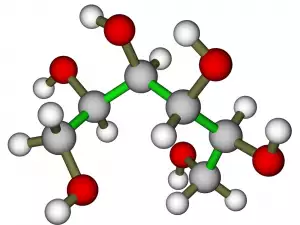
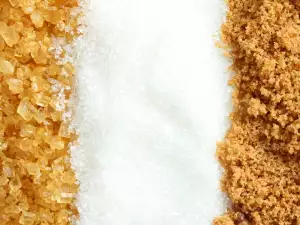



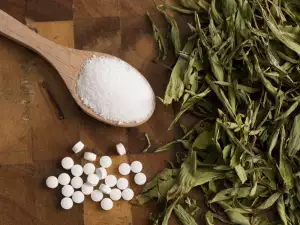





Comments